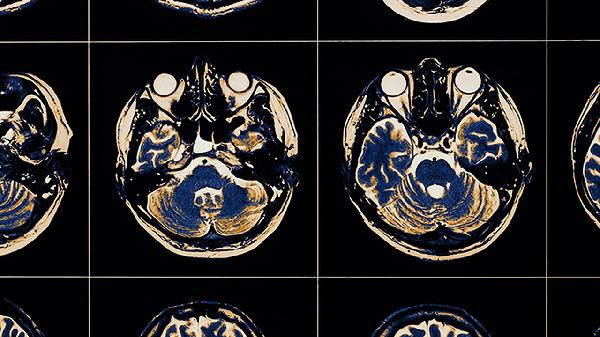Losing a therapist can feel like getting dumped twice in one year – except instead of swiping left on dating apps, you're scrolling through Psychology Today profiles trying to find someone who "gets" you. That gut-punch feeling when your therapeutic relationship ends? Totally valid. Whether your therapist moved practices, changed careers, or just wasn't the right fit anymore, these breakups can leave you reeling in ways that surprise even the most self-aware among us.
Why Therapist Breakups Hit Different
Think about what makes therapy work: you're spilling your deepest fears, childhood wounds, and relationship patterns to someone who holds space without judgment. That level of vulnerability creates neural pathways similar to attachment bonds. When that connection gets severed abruptly, your brain might react like you've lost any other significant relationship. Goldberg explains, "The therapeutic relationship is uniquely intimate – you share things with your therapist that you might not tell anyone else, yet they know relatively little about your day-to-day life outside the therapy room." This creates what psychologists call an "asymmetrical intimacy" that makes the ending particularly disorienting.
The Grief No One Warns You About
Unlike regular breakups where friends bring ice cream and trash-talk your ex, therapist goodbyes often lack communal support. Scott notes, "Many clients feel embarrassed to grieve what others might see as 'just a professional relationship.' But your grief is real – you're losing the person who helped you navigate major life transitions." This covert grief can manifest as irritability, sleep disturbances, or even physical symptoms like headaches. The absence of closure rituals (no mutual friends to analyze the split, no post-breakup drunk texts) means the mourning process stays internalized unless you consciously address it.
Should You Take A Therapy Sabbatical?
After two therapist departures, you might be tempted to swear off counseling altogether – like vowing to stay single after consecutive heartbreaks. But Goldberg suggests checking in with your emotional bandwidth: "If you're still actively working through trauma or mental health concerns, delaying treatment could mean backsliding on progress." That said, if you need time to process the loss before starting fresh, Scott recommends setting a specific timeframe (say, 2-3 months) rather than leaving it open-ended. During this break, journal about what worked in previous therapeutic relationships and what you'd change – this creates a roadmap for your next match.
Finding Your Next Therapeutic Match
Approach your next therapist search like dating after a serious relationship – with intention rather than rebound energy. During consultations, ask direct questions about their long-term practice plans (it's totally fair to inquire about average tenure at their current practice). Goldberg suggests looking for clinicians who offer termination sessions as part of their practice model: "Ethical therapists build in time for proper goodbyes, typically 2-3 sessions to review progress and transition care." Also consider diversifying your support system between therapists – adding a support group or meditation practice can prevent putting all your emotional eggs in one therapeutic basket.
What Your Last Therapist Would Want You To Know
If you're stuck replaying your final sessions searching for hidden "it's not you, it's me" subtext, Scott offers this perspective: "Competent therapists don't abandon clients lightly – licensing boards have strict guidelines about proper termination. When transitions happen, it's nearly always about systemic issues like insurance changes or clinic policies." She adds that any therapist worth their salt would want you to take the tools they gave you and keep growing, even if it's with someone new. The work you did together wasn't wasted – those insights are now part of your emotional toolkit forever.
At the end of the day, therapist breakups remind us that healing isn't linear. Some sessions – and some therapeutic relationships – last longer than others, but each one leaves you wiser about what you need to thrive. Whether you dive back in immediately or sit with the discomfort for a while, trust that your capacity for growth hasn't disappeared with your former therapist's forwarding address.
























